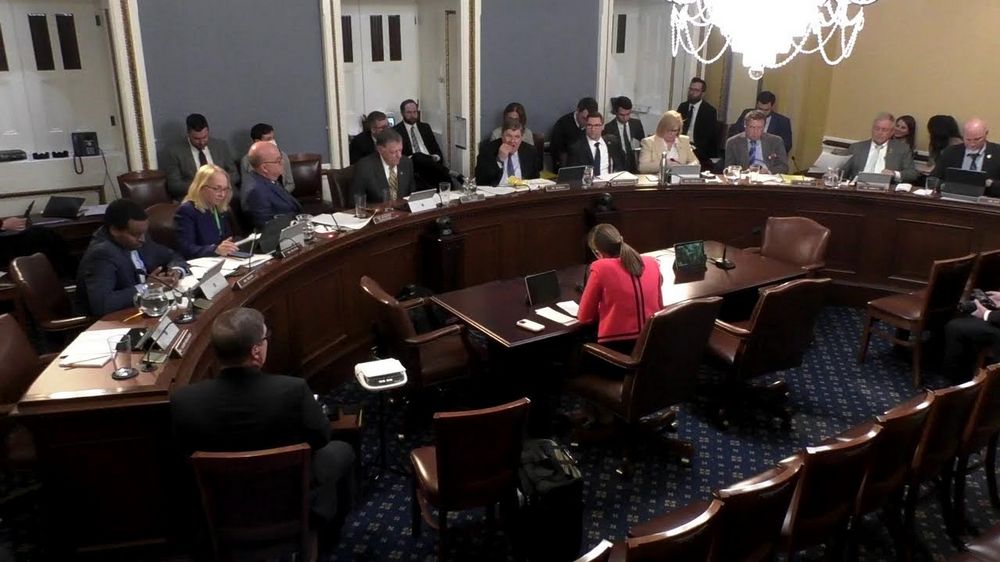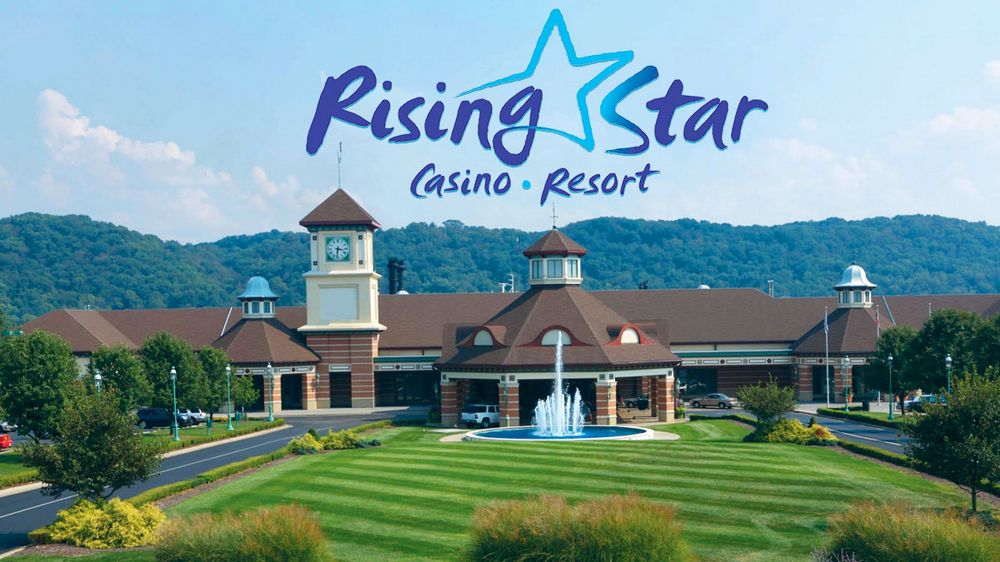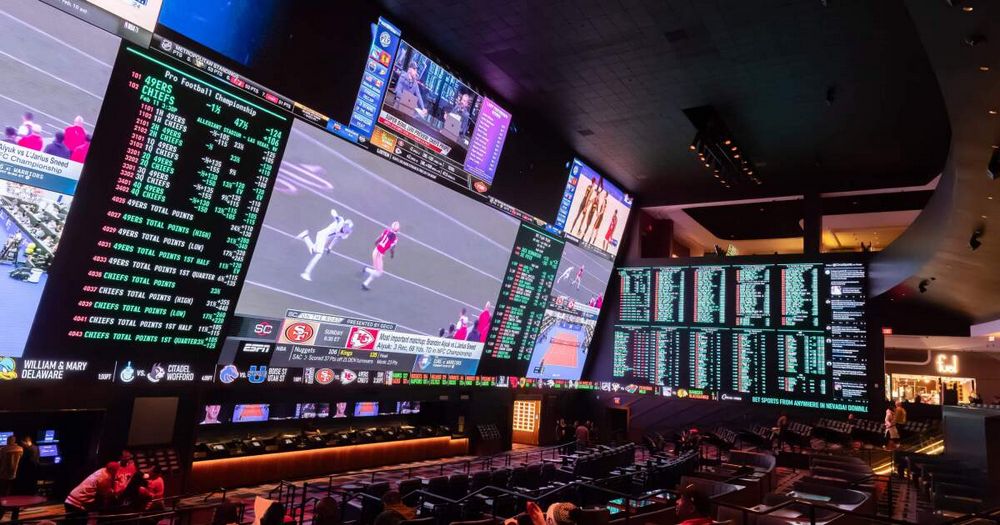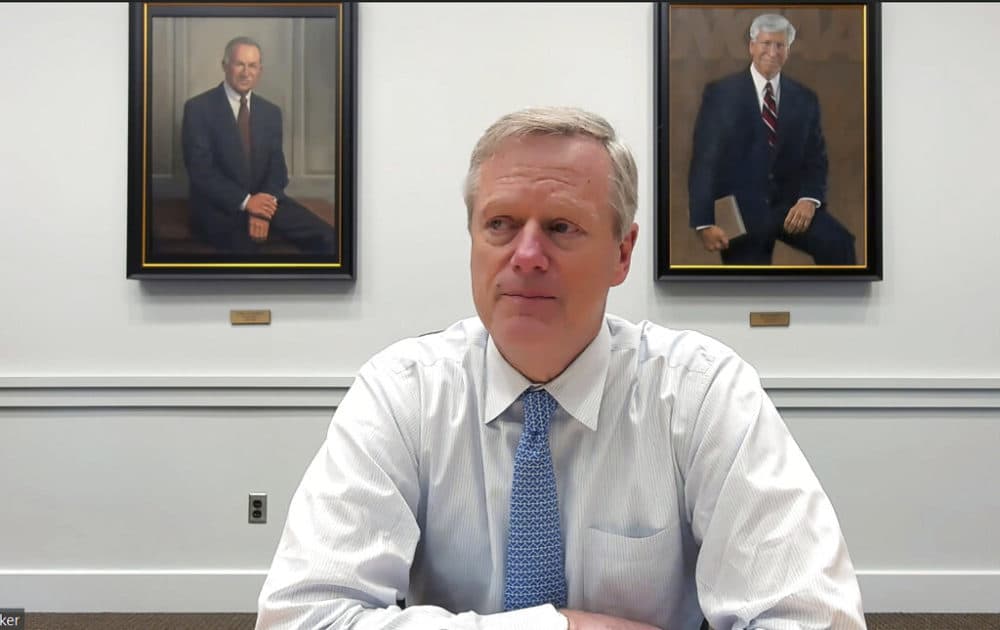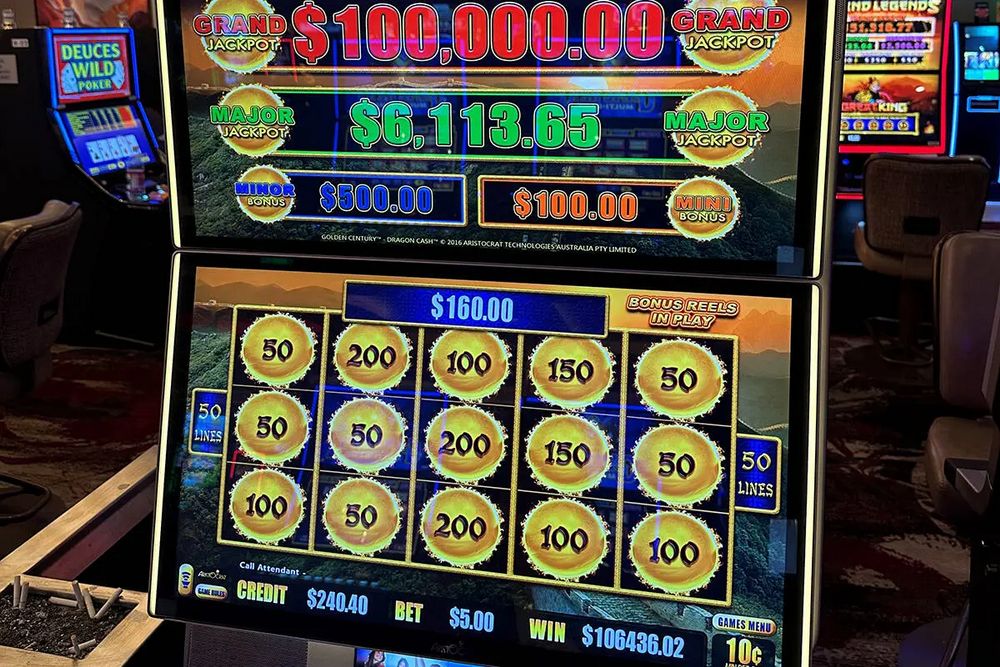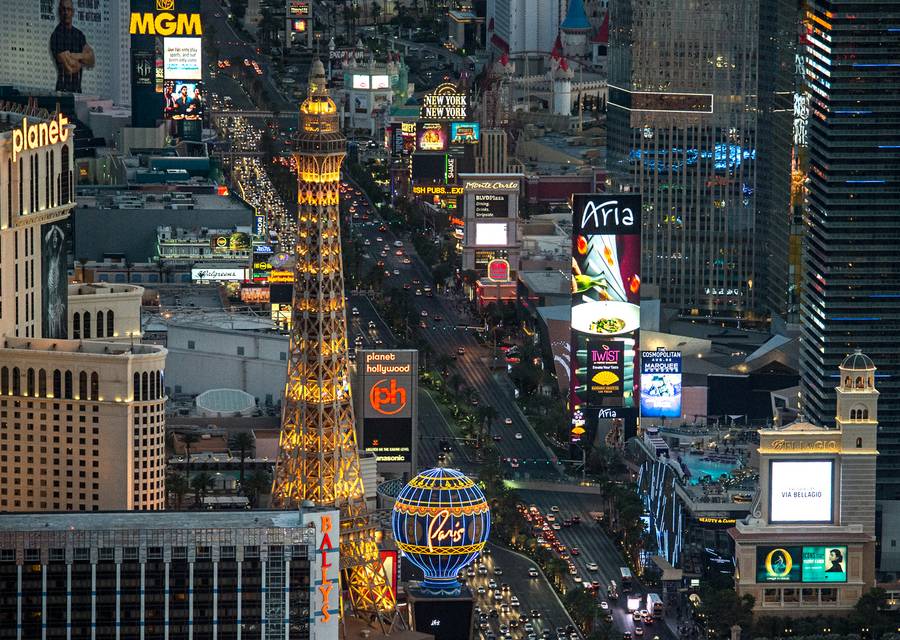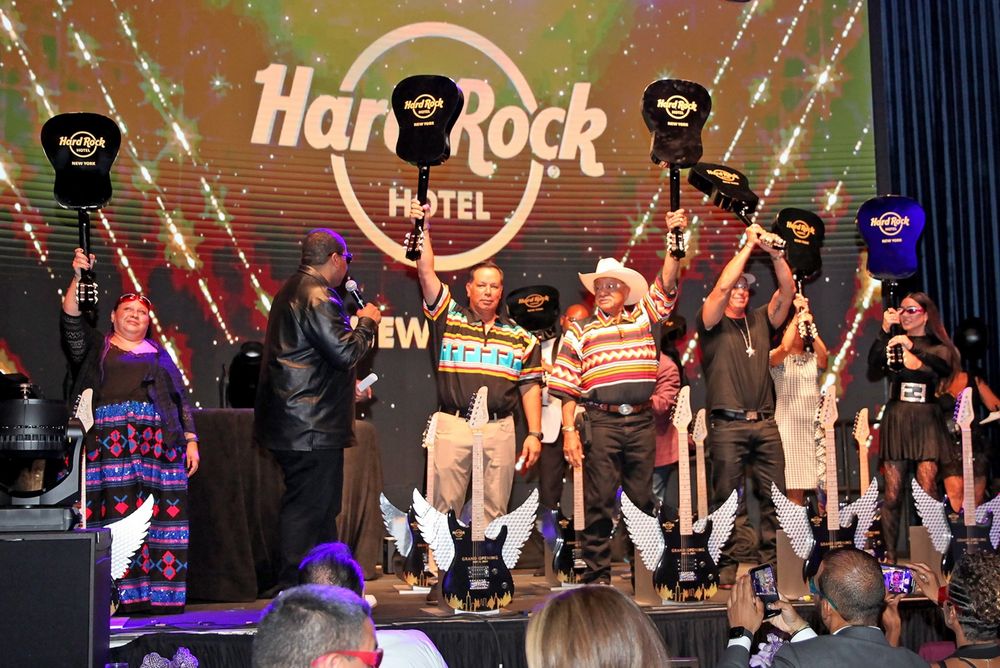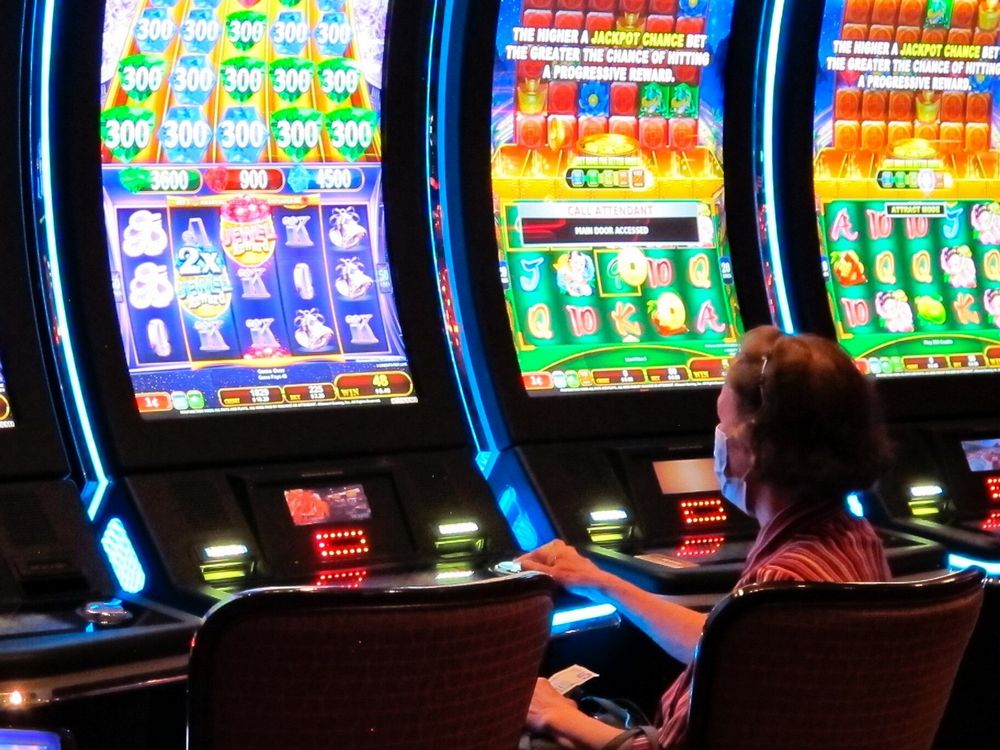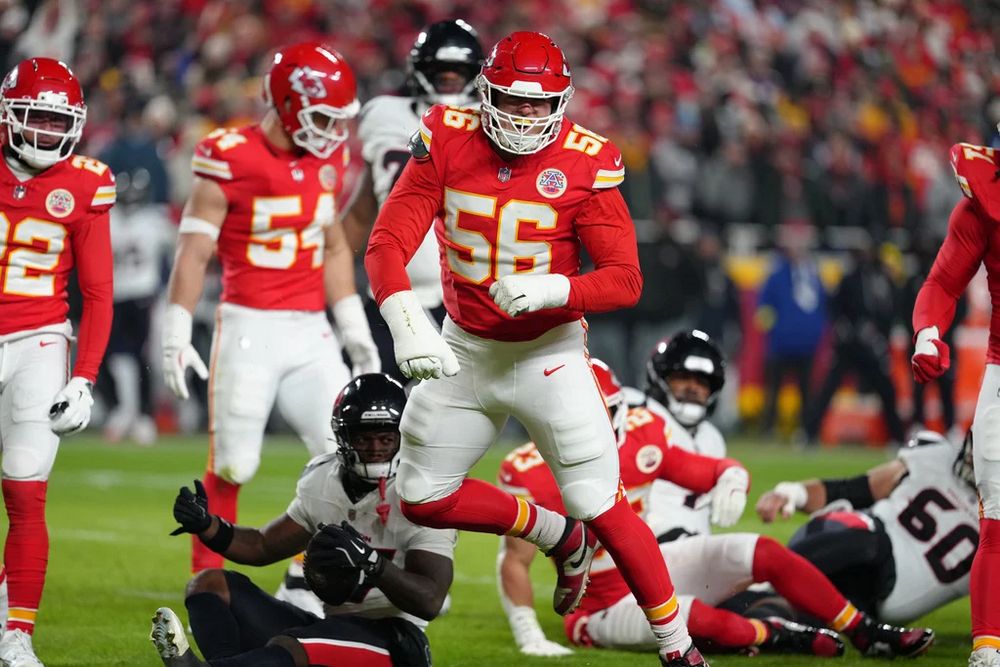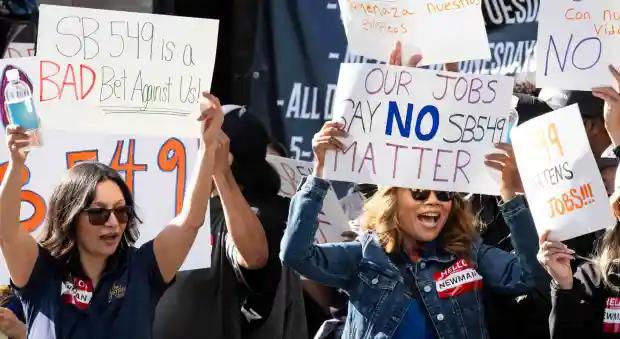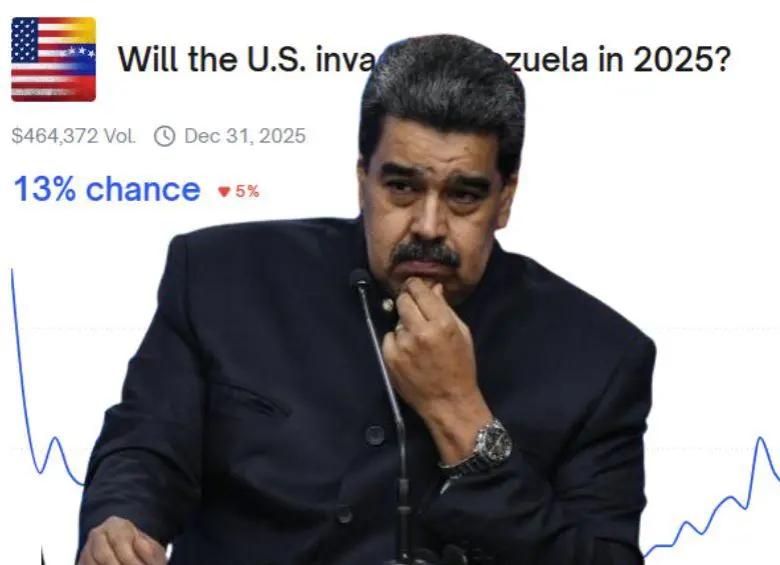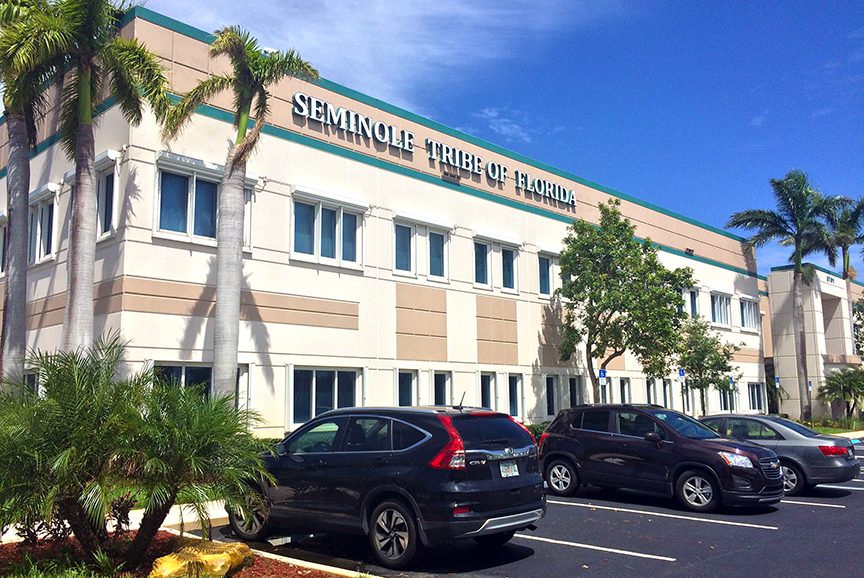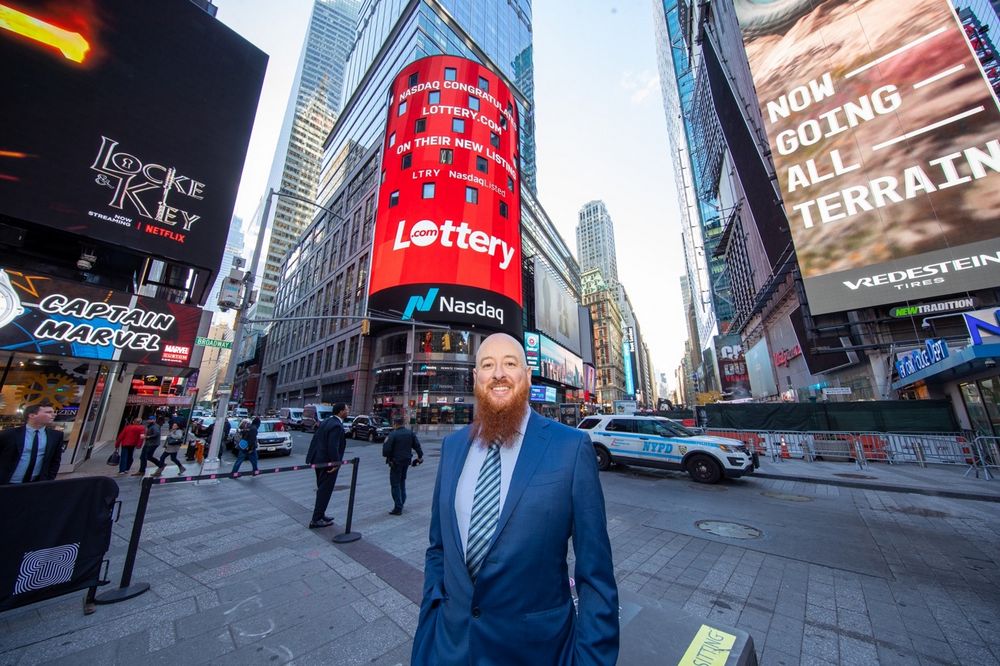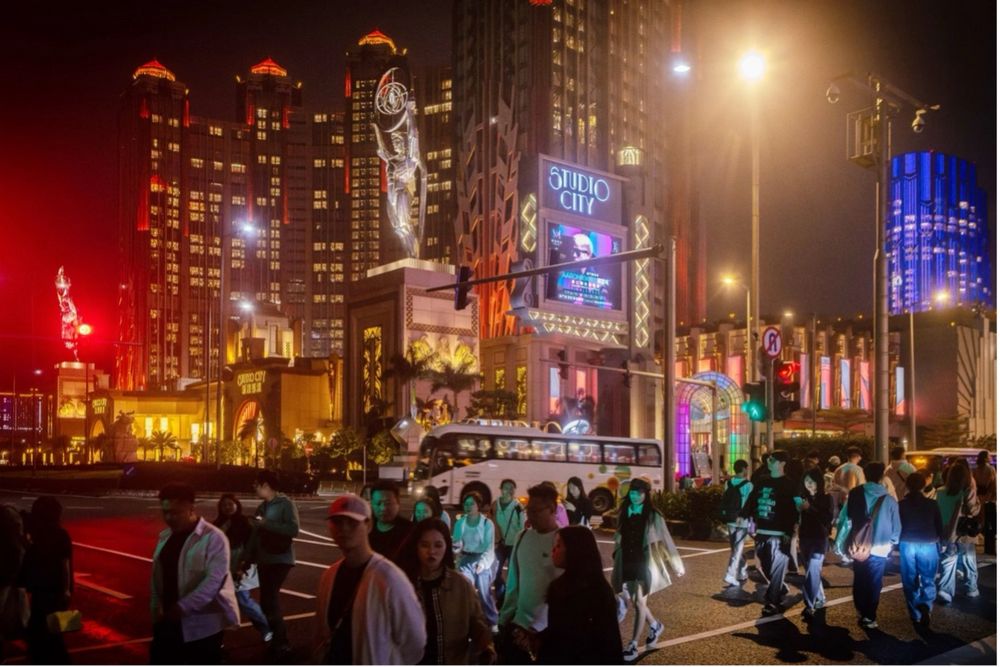Los Angeles — Unionized cardroom employees and casino workers across two U.S. states are mobilizing this week, with separate but connected labor disputes drawing national attention. In California, members of the California Cardroom Alliance and several hospitality unions plan to protest today, October 20, outside Attorney General Rob Bonta’s office in Sacramento, opposing proposed regulations that they say would “effectively ban blackjack-style games” in licensed cardrooms.

Union representatives argue that Bonta’s draft rules—intended to tighten compliance around “player-dealer” games—would eliminate thousands of stable union jobs statewide. “This proposal would devastate our industry and working families who rely on these positions,” said a spokesperson for the United Food and Commercial Workers (UFCW) Local 770, which represents many cardroom employees. The group claims that the measure favors tribal casinos and undermines the economic role of community-based gaming halls in cities like Commerce, Gardena, and San Jose.

Meanwhile, in the Midwest, more than 200 employees at Horseshoe Indianapolis Casino launched a strike on October 17, after management allegedly refused to recognize Teamsters Local 135 as their bargaining representative.
San Jose slashes cardroom fees as tribes, Bonta turn up the heat
The conflict follows an election delay caused by a government shutdown, which postponed the formal vote to unionize. Workers report that the company rejected a neutral third-party proposal to conduct the ballot independently, prompting the walkout.

“We simply want a fair vote and a seat at the table,” said Teamsters Local 135 President Dustin Roach. “Horseshoe has chosen to ignore its workforce rather than respect their rights.” The strike affects departments including food service, security, and slot operations.
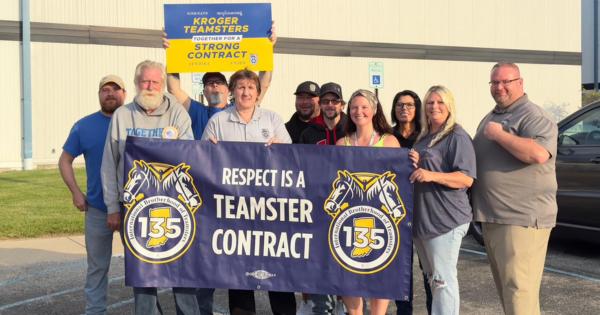
Back in California, organizers say today’s demonstration at the Attorney General’s office will feature hundreds of participants from the state’s 85 licensed cardrooms, emphasizing that their operations are already heavily taxed and regulated. Industry advocates estimate that more than 32,000 jobs and US $2 billion in annual economic activity are at stake if the new restrictions move forward.
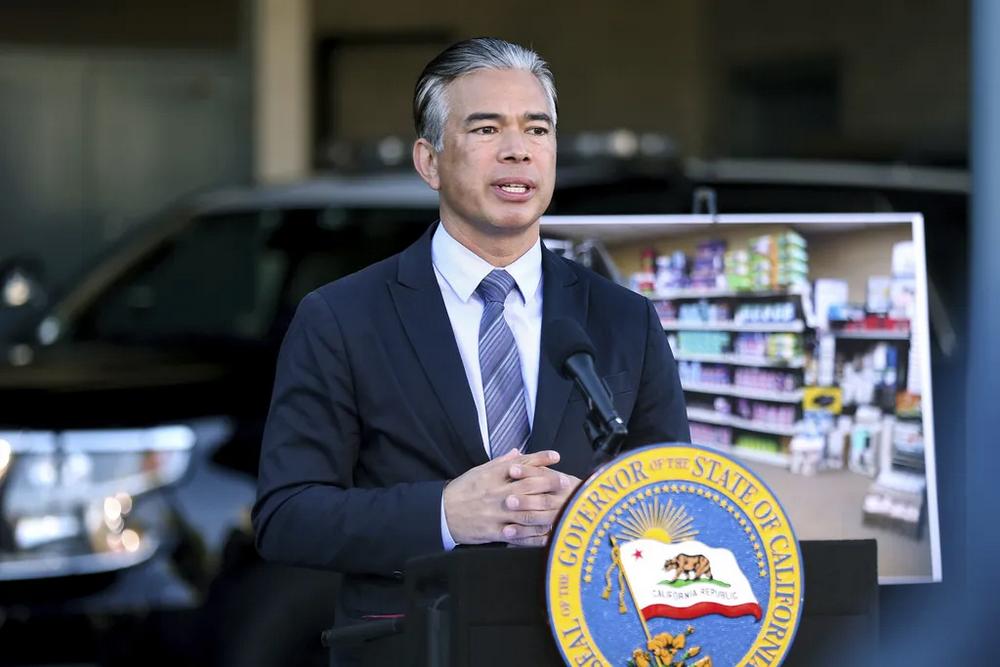
Both labor movements highlight a broader tension between gaming regulation, labor rights, and economic dependence on casino employment in the United States. Whether the protests in Sacramento and Indianapolis will push authorities to negotiate—or deepen the divide—remains to be seen.










